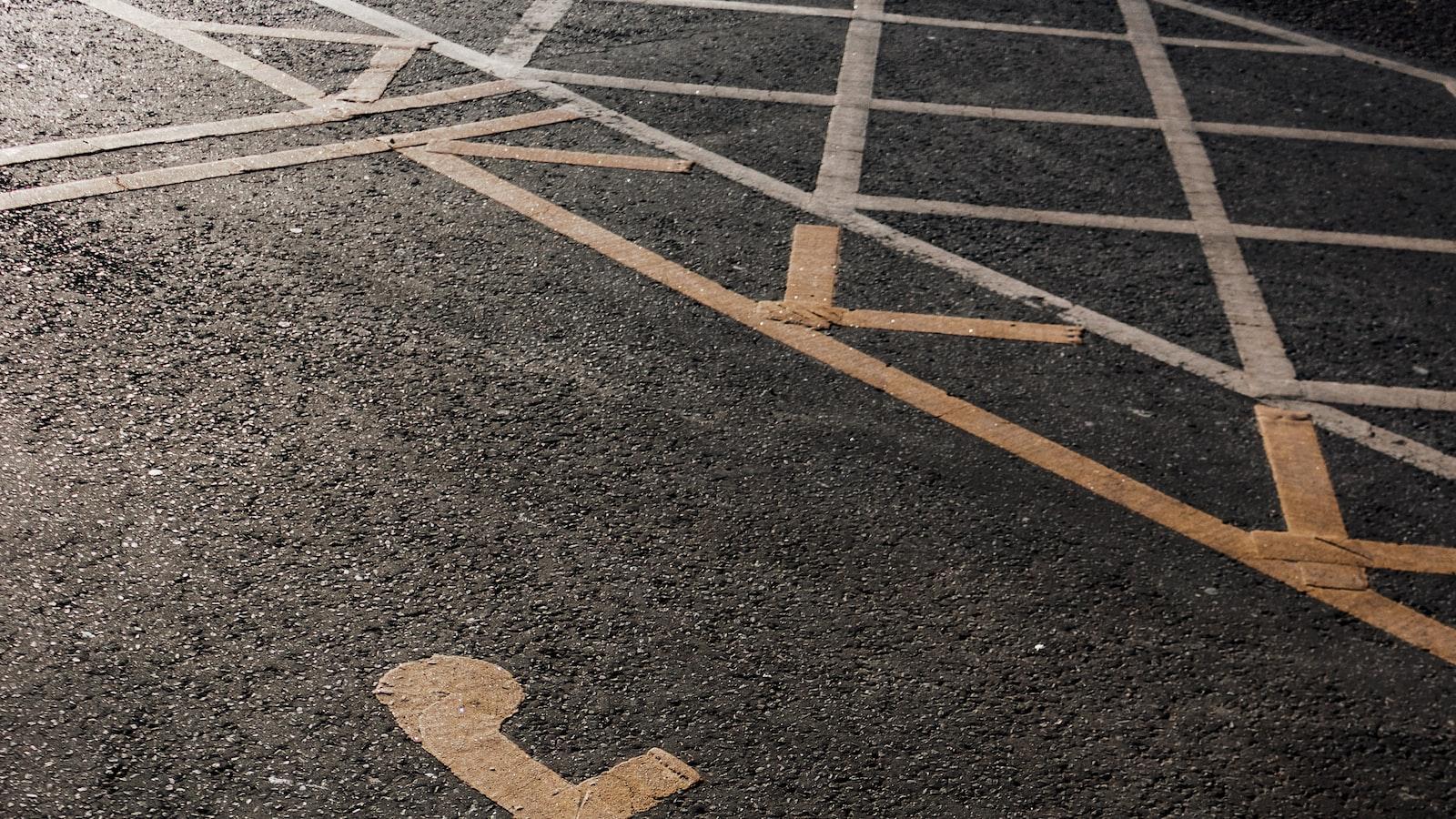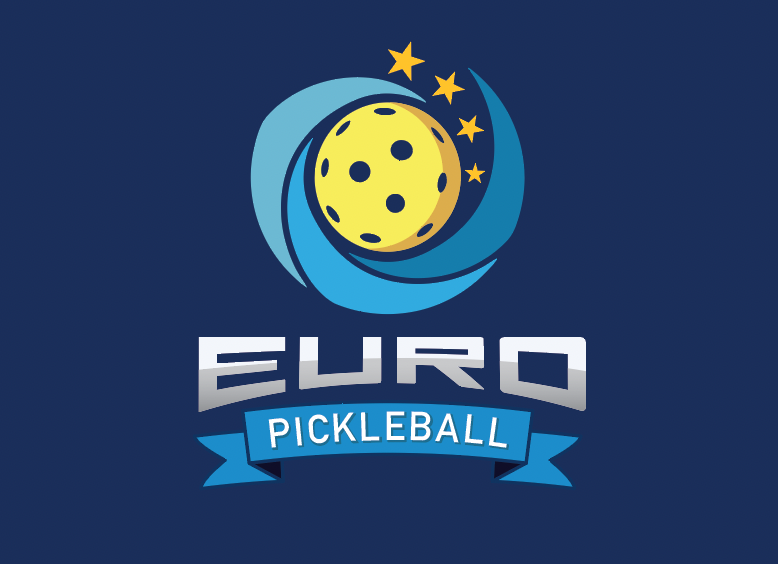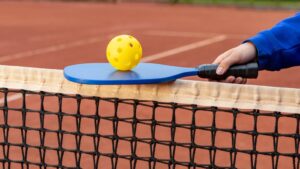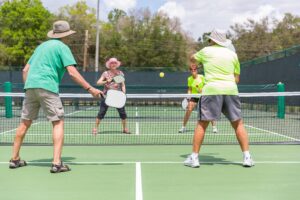
What mental and psychological support can disabled pickleball players seek to build confidence, overcome challenges, and maintain a thriving game
Empowering Disabled Pickleball Players: Expert Tips for a Thriving Game
Pickleball is a fantastic sport that offers numerous health benefits and opportunities to connect with others.
It is a game that can be enjoyed by people of all ages and abilities, including those with disabilities.
In recent years, there has been a growing emphasis on making pickleball more inclusive and accessible for individuals with disabilities,
ensuring that everyone can experience the joys of this thrilling and addictive sport.
Equipment Adaptations
One of the initial steps towards empowering disabled pickleball players is ensuring they have access to suitable equipment.
Depending on the nature of the disability, certain adaptations may be necessary. Here are some equipment tips that can help foster an enjoyable experience:
- Paddle Modifications: Consider customized paddles that cater to players with limited mobility in their hands or fingers.
These paddles are designed to provide a better grip and control for those who may have difficulty gripping standard paddles. - Wheelchair-Specific Paddles: Wheelchair users can benefit from utilizing paddles specifically designed for their mobility aids.
These paddles often have longer handles to extend reach and a flexible wrist strap for added stability and control. - Ball Options: For visually impaired players, using a ball with auditory features can greatly enhance the playing experience.
These balls emit a sound when they bounce, making it easier for players to track the ball’s movement.
Adaptive Techniques
Beyond equipment modifications, there are various adaptive techniques that can enhance the gameplay for disabled individuals.
These techniques are aimed at creating an inclusive environment and giving players equal opportunities to excel.
1. Rule Modifications
Pickleball is a highly adaptable sport, making it possible to modify the rules to cater to different abilities.
Consider implementing the following modifications when playing with disabled individuals:
- Shorter Court: Reduce the court size to make it more manageable for players with limited mobility.
- Double Bounce Rule: Modify the rule to allow the ball to bounce twice before being returned to ensure players have ample time to reach and return the shot.
- Underhand Serve: Permit underhand serves if overhead serves are challenging for some players.
2. Partner Play
Encouraging partner play is an excellent way to create a supportive and inclusive atmosphere on the pickleball court.
Implementing the following partner strategies can benefit disabled individuals and empower them to thrive in the game:
- Communication and Coordination: Establish clear communication channels between partners and focus on coordination to make up for any mobility limitations.
- Adapting Positioning: Analyze and adjust positioning on the court to accommodate different playing styles and abilities.
- Dividing Court Responsibly: Allocate court coverage based on each player’s mobility, ensuring everyone can contribute effectively.
3. Inclusive Community
Building an inclusive pickleball community is essential for empowering disabled players.
By fostering an environment that values diversity, you can create a welcoming space where individuals with disabilities can thrive.
- Education and Awareness: Educate fellow players about disabilities and promote understanding to eliminate misconceptions or biases.
- Encouragement and Support: Offer encouragement and support to disabled players, recognizing their efforts and achievements both on and off the court.
- Emphasize Adaptability: Highlight the adaptable nature of pickleball and showcase the success stories of disabled players to inspire others.
Pickleball is a game that transcends physical abilities, and with the right adaptations and inclusive practices, disabled individuals can excel and enjoy all the game has to offer.
By embracing diversity, modifying rules, providing suitable equipment, and creating an inclusive community, we can empower disabled pickleball players to thrive and experience the joys of this remarkable sport like anyone else.




